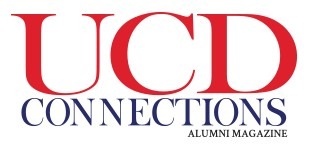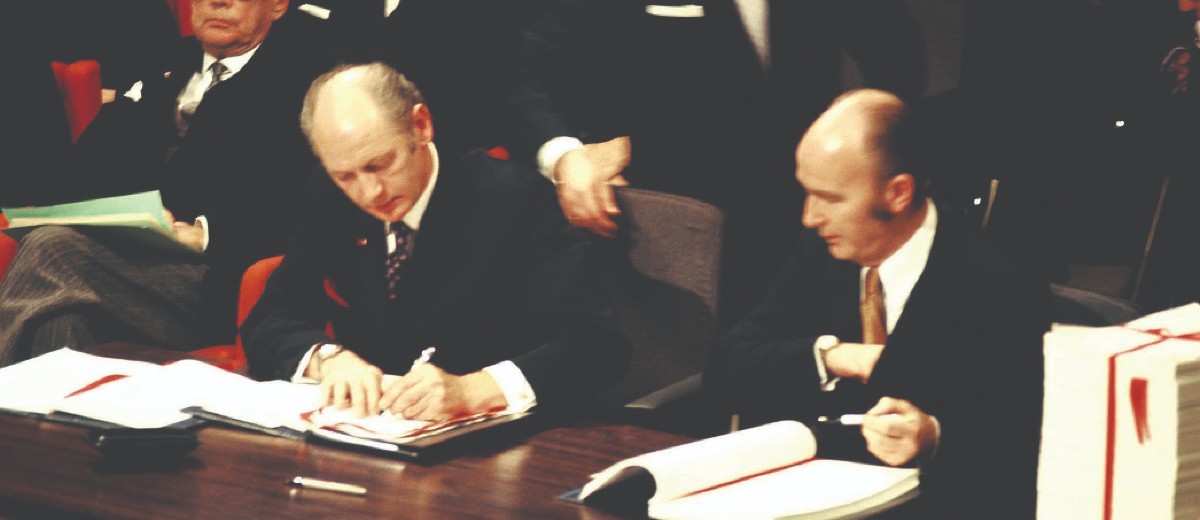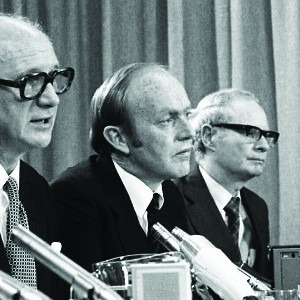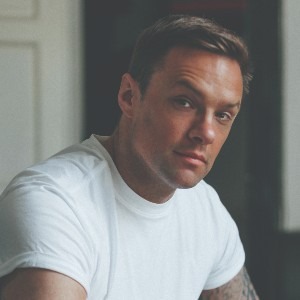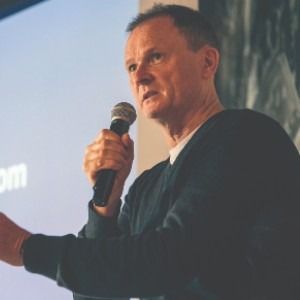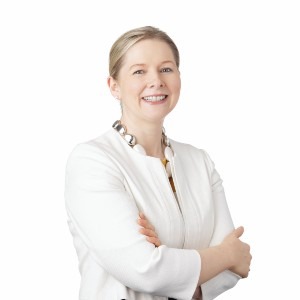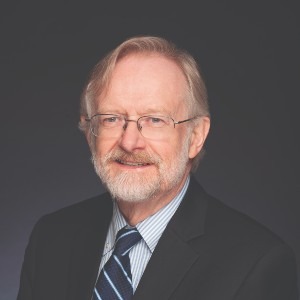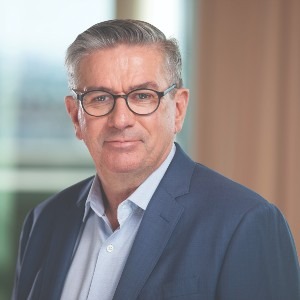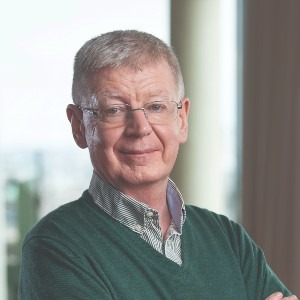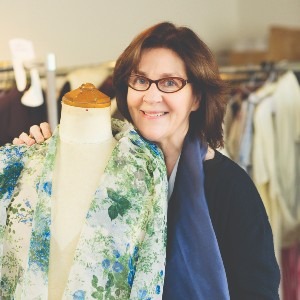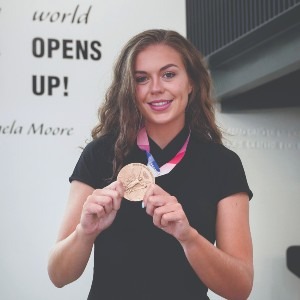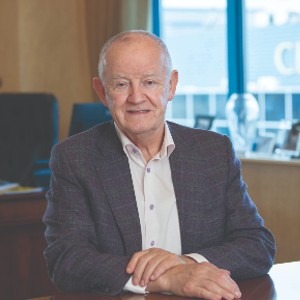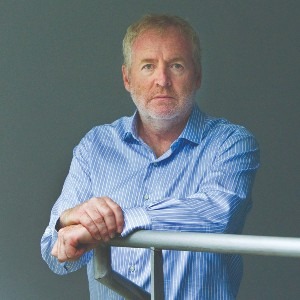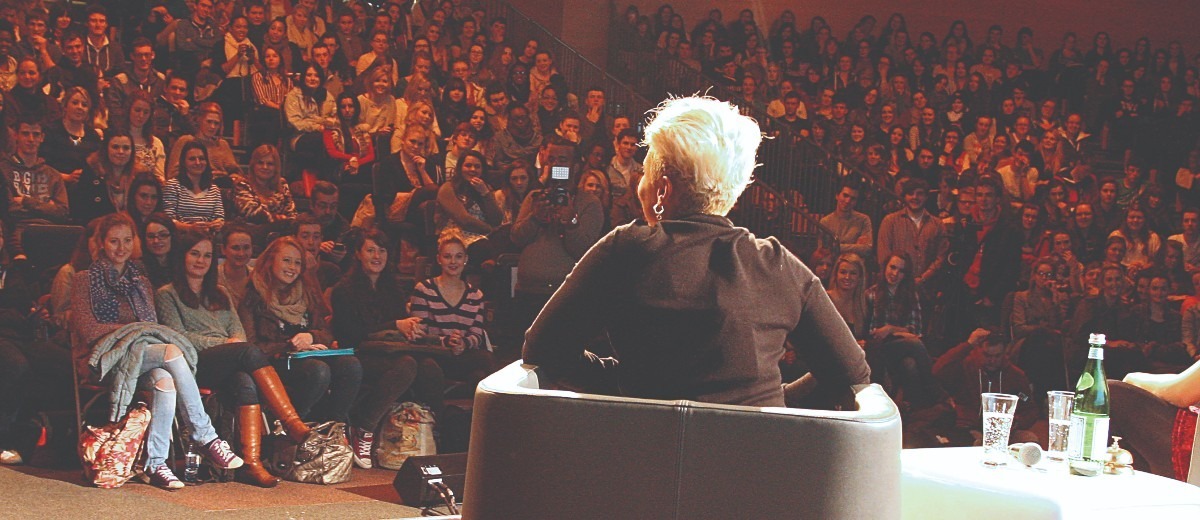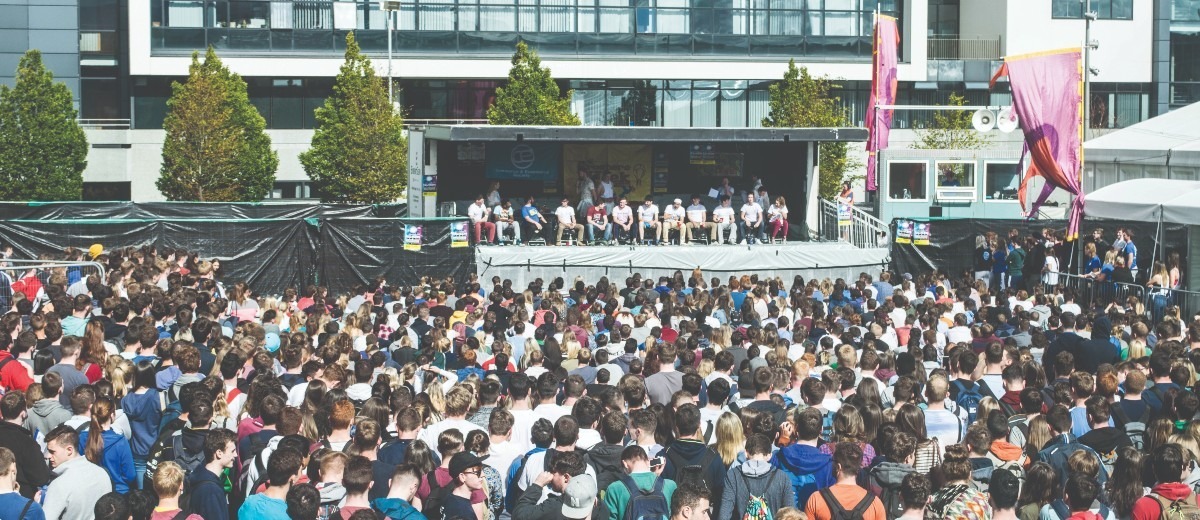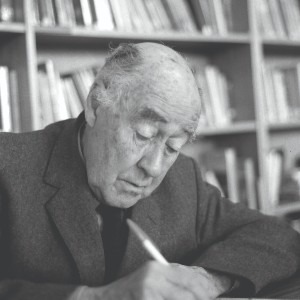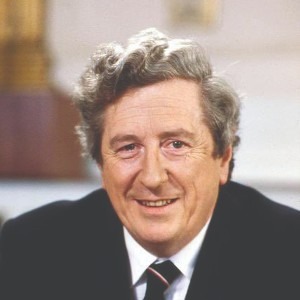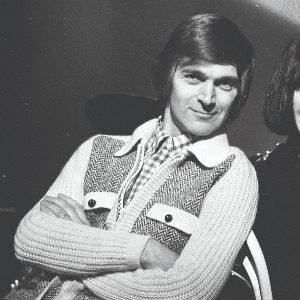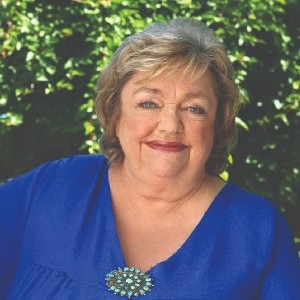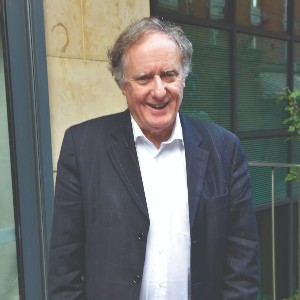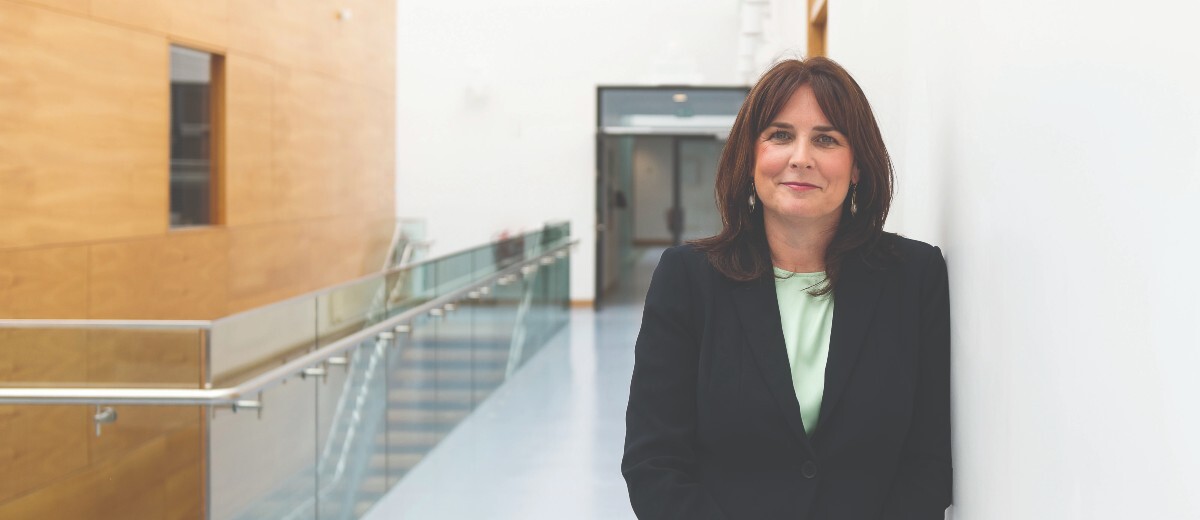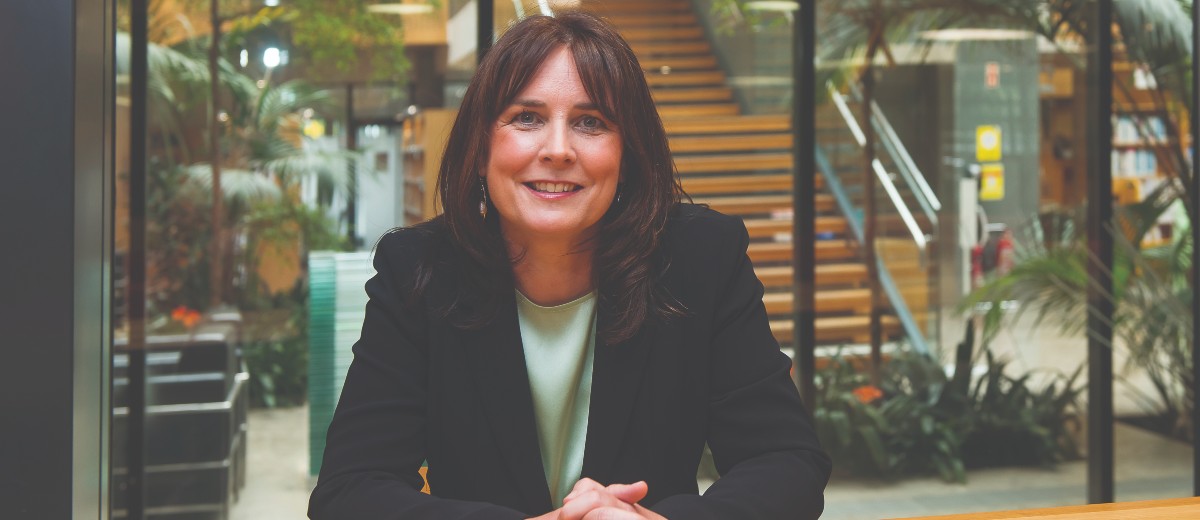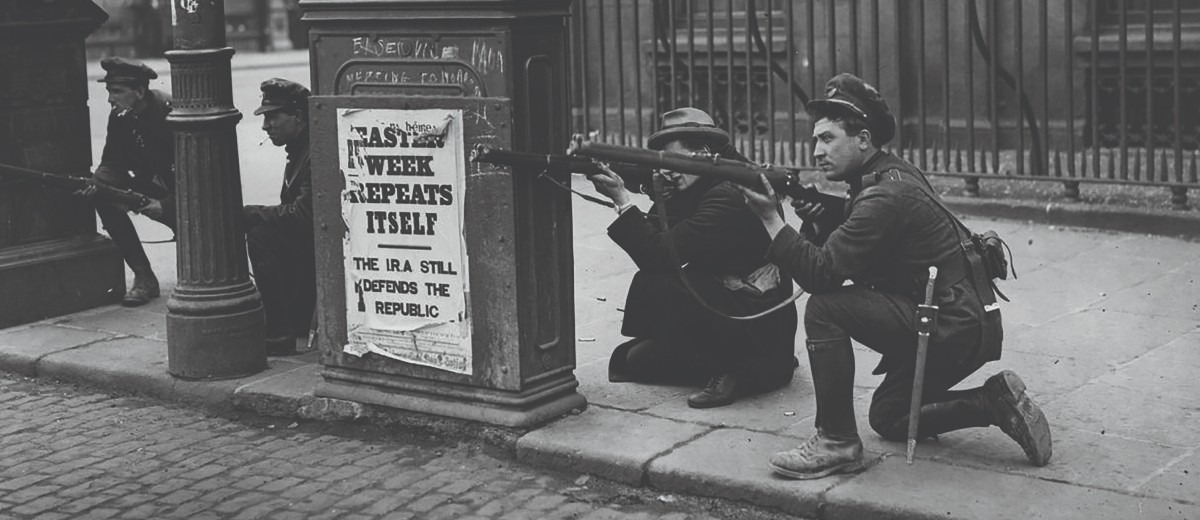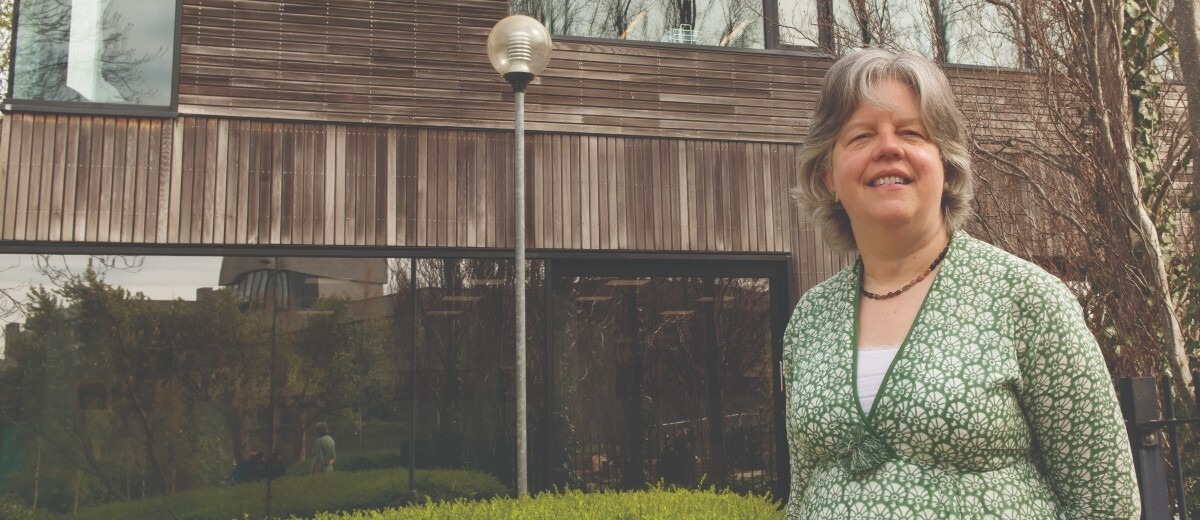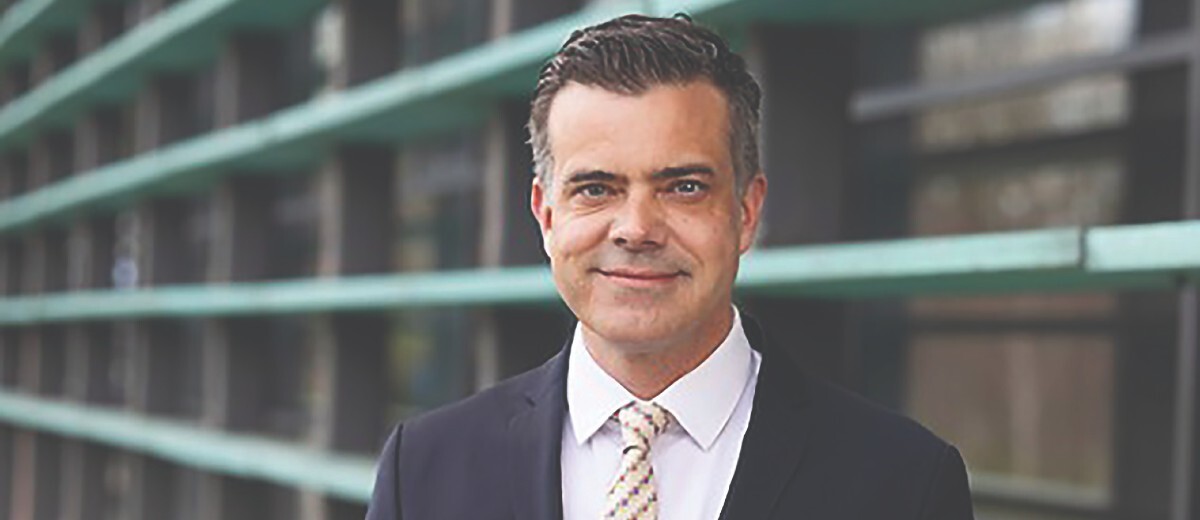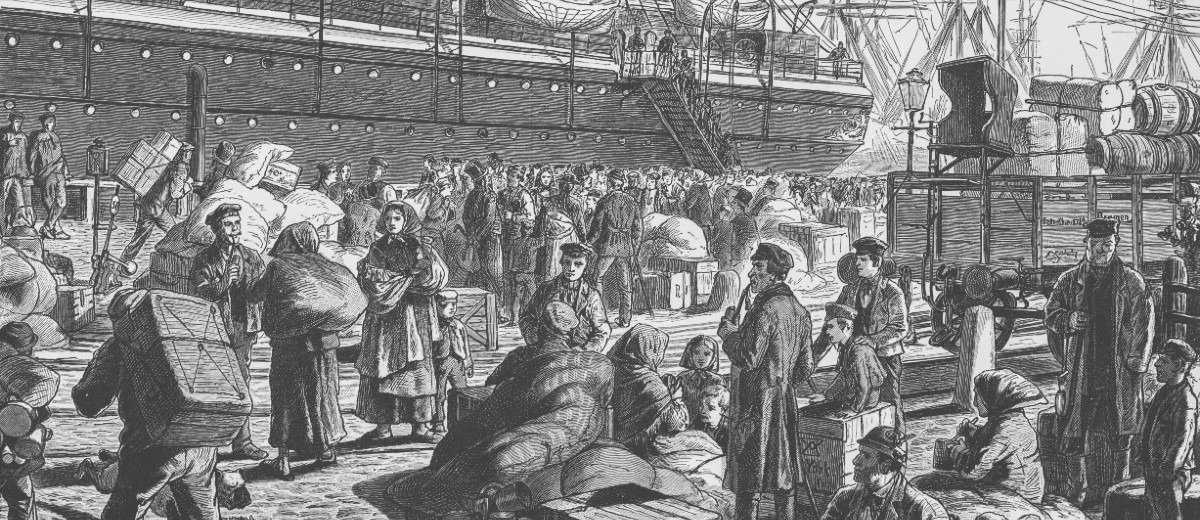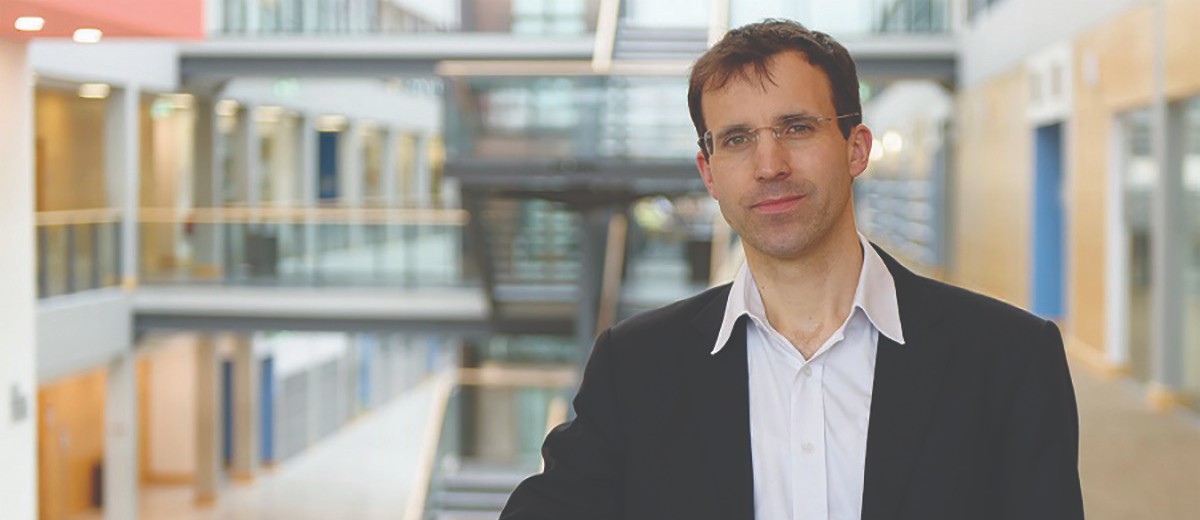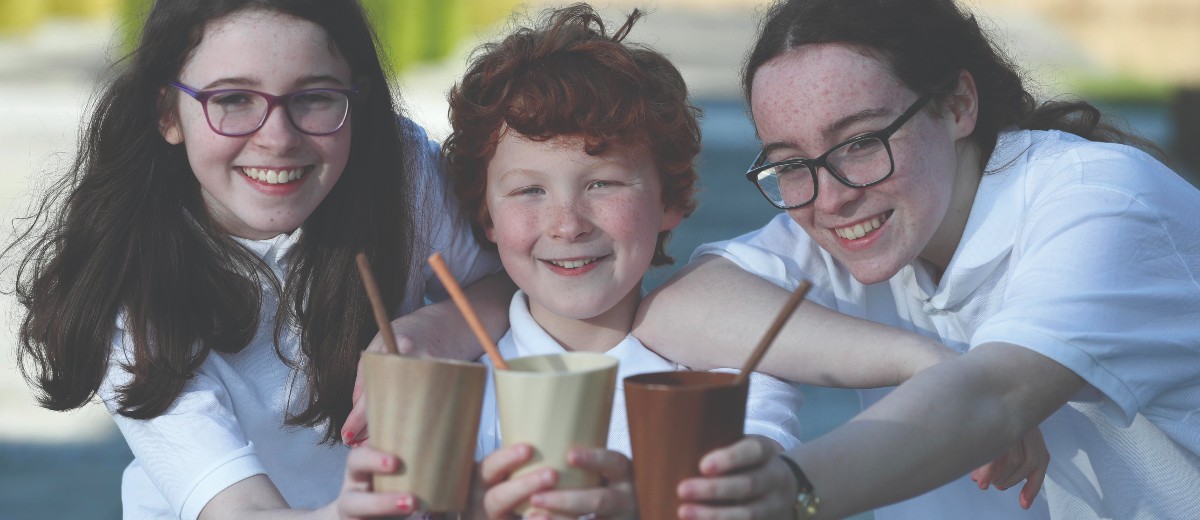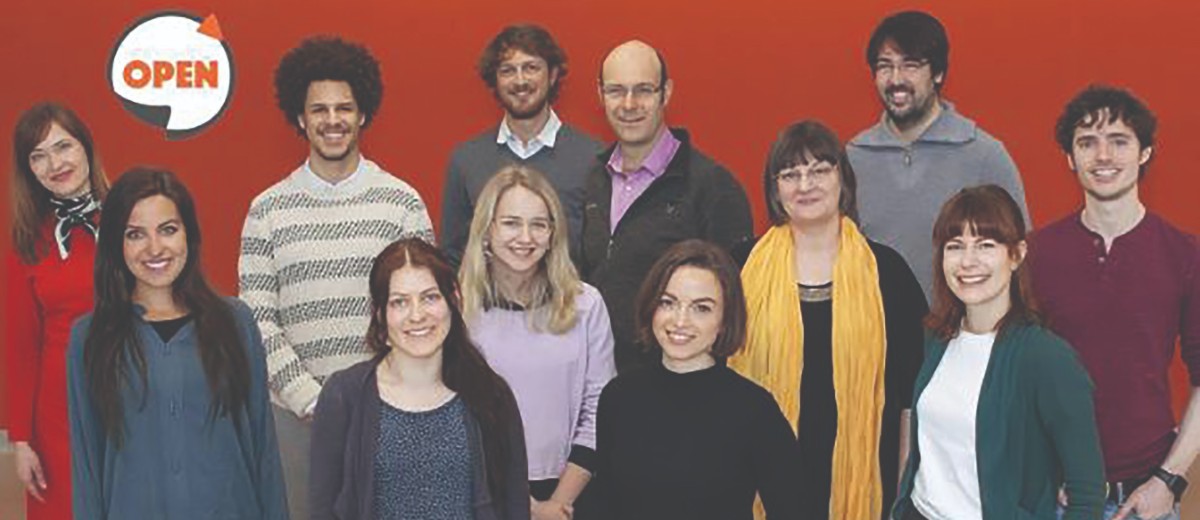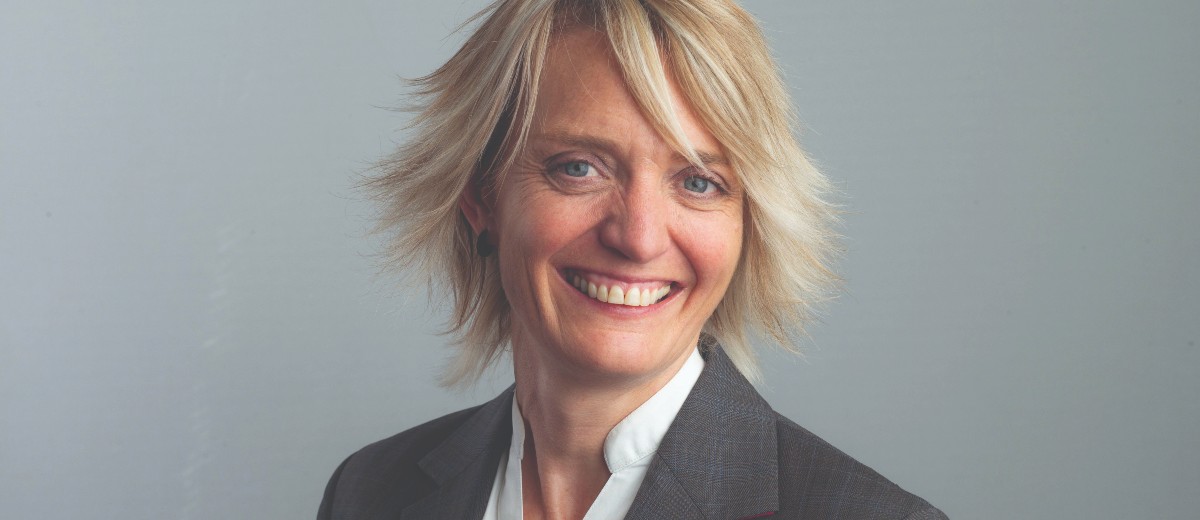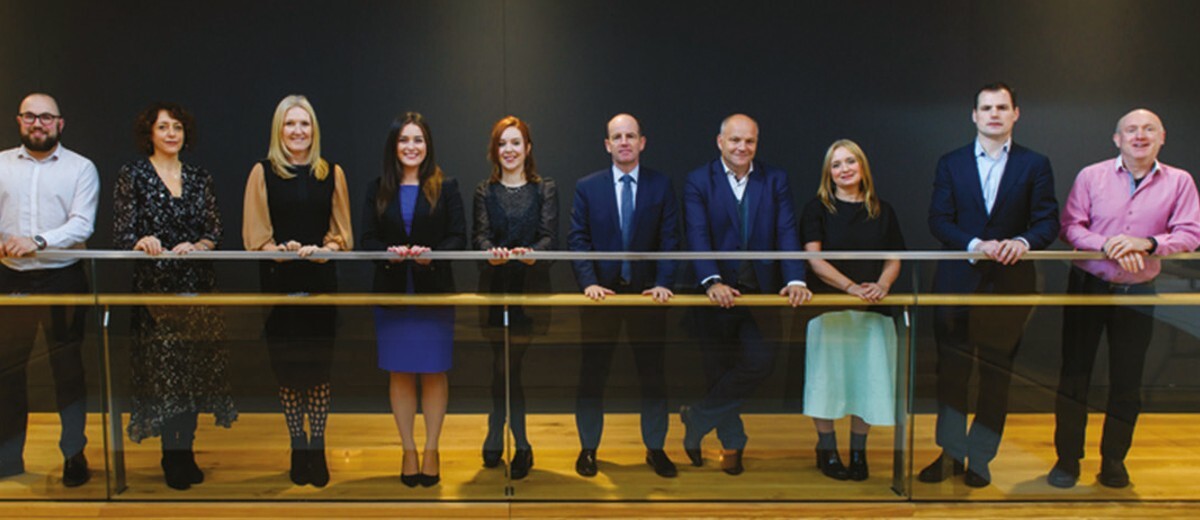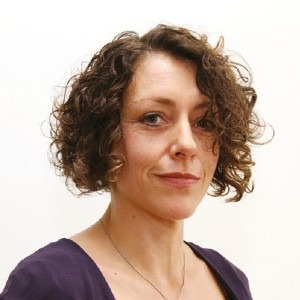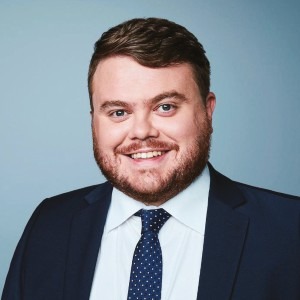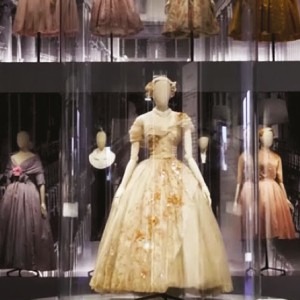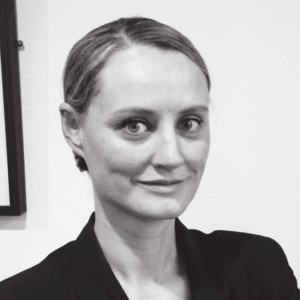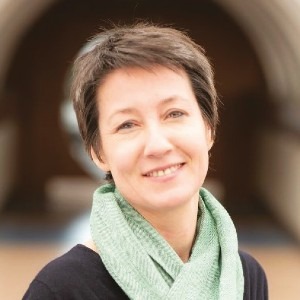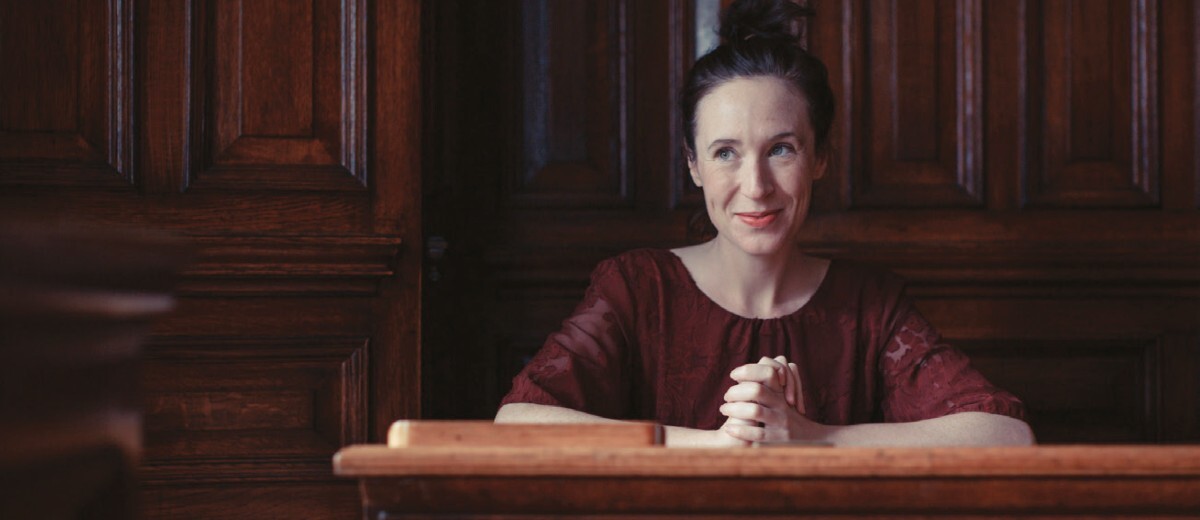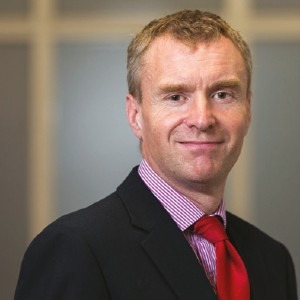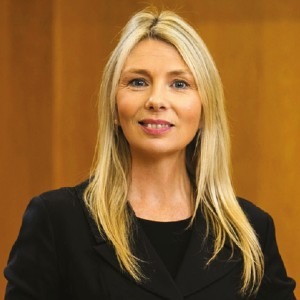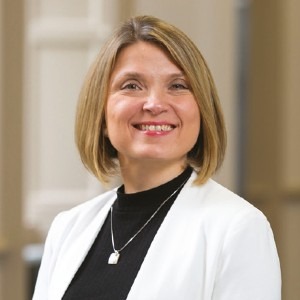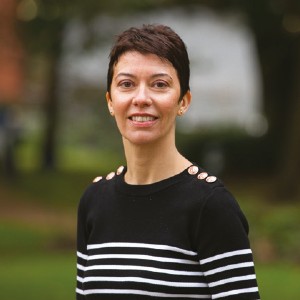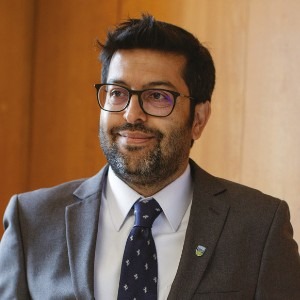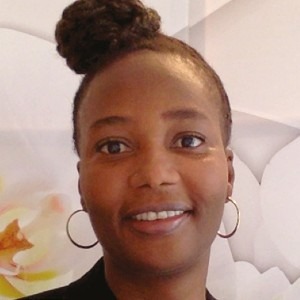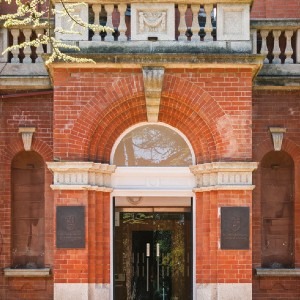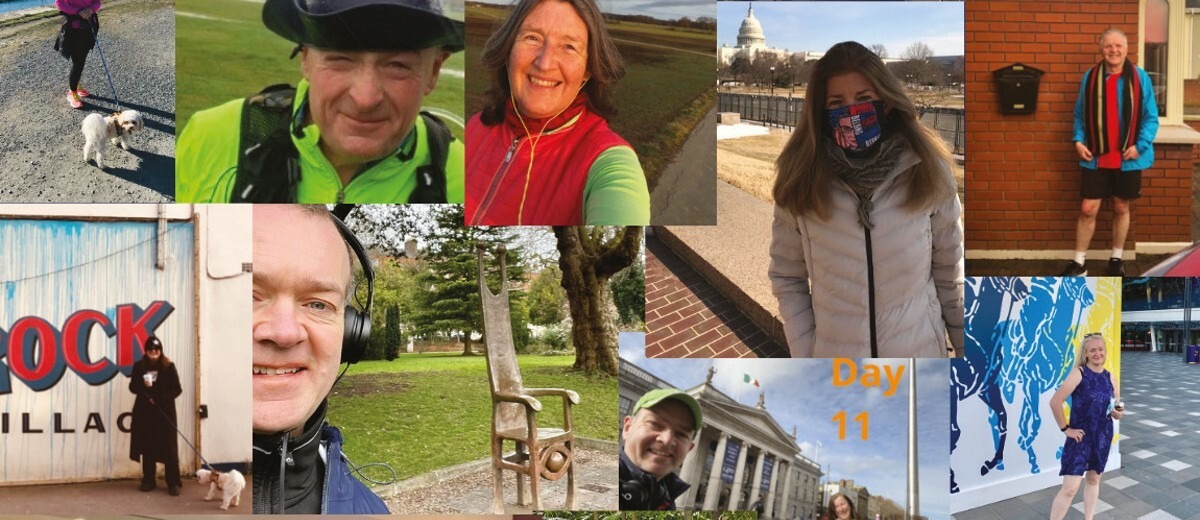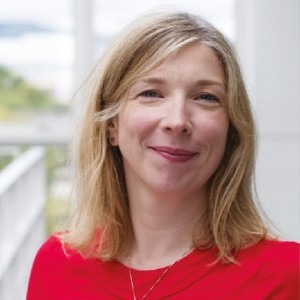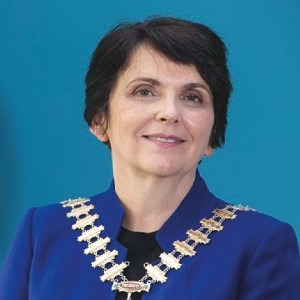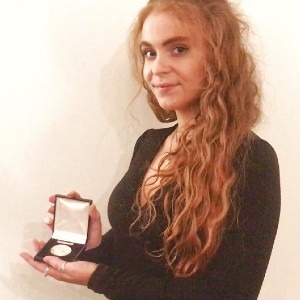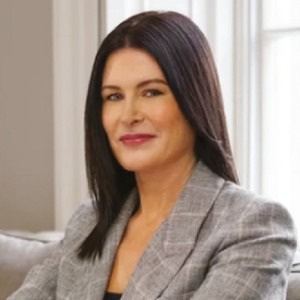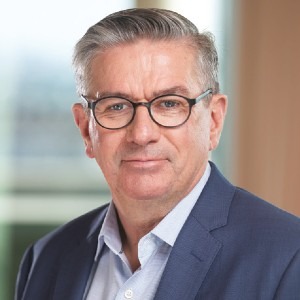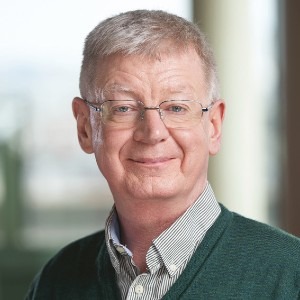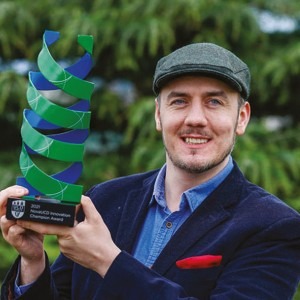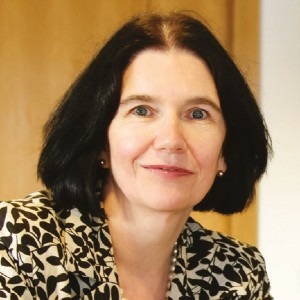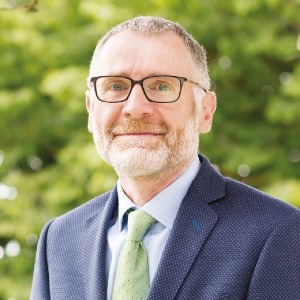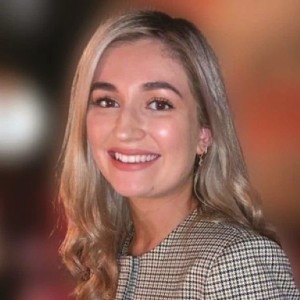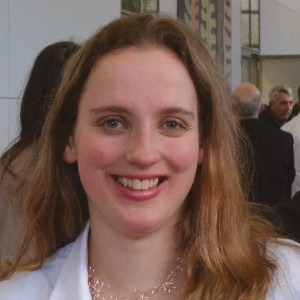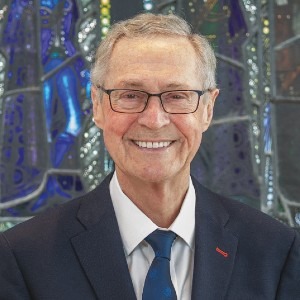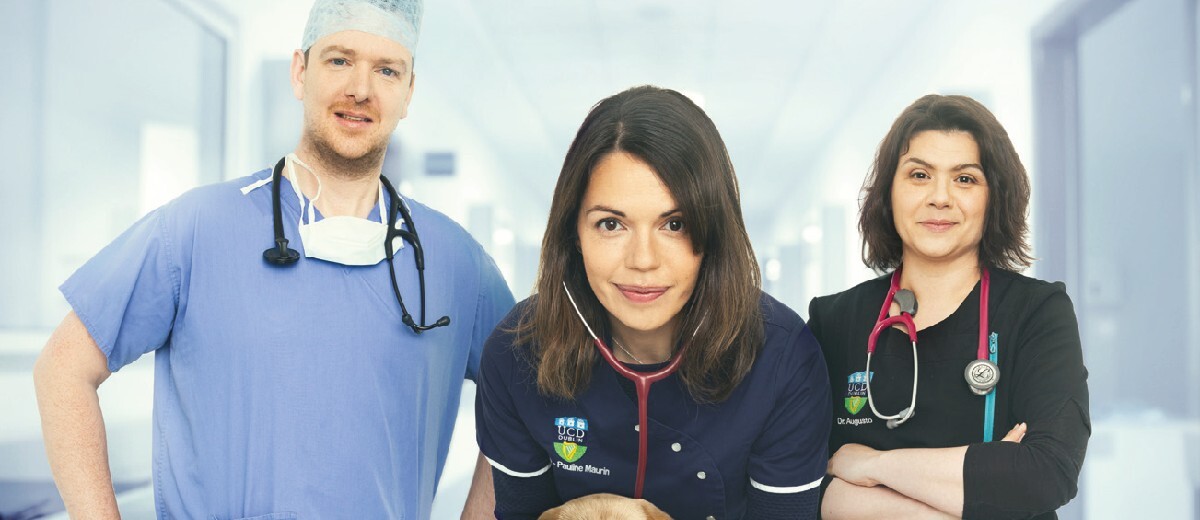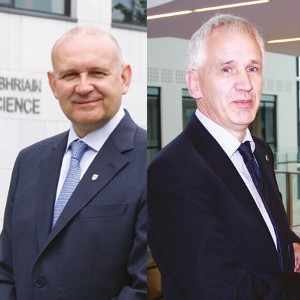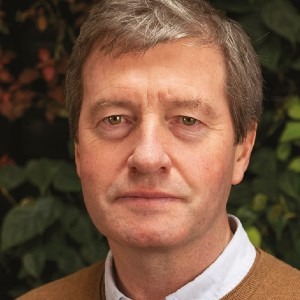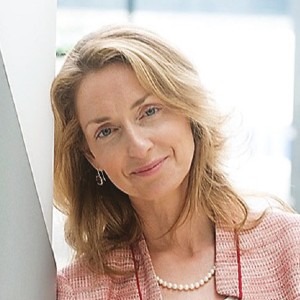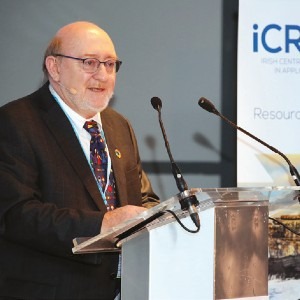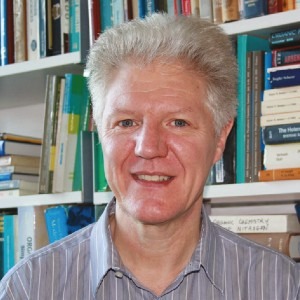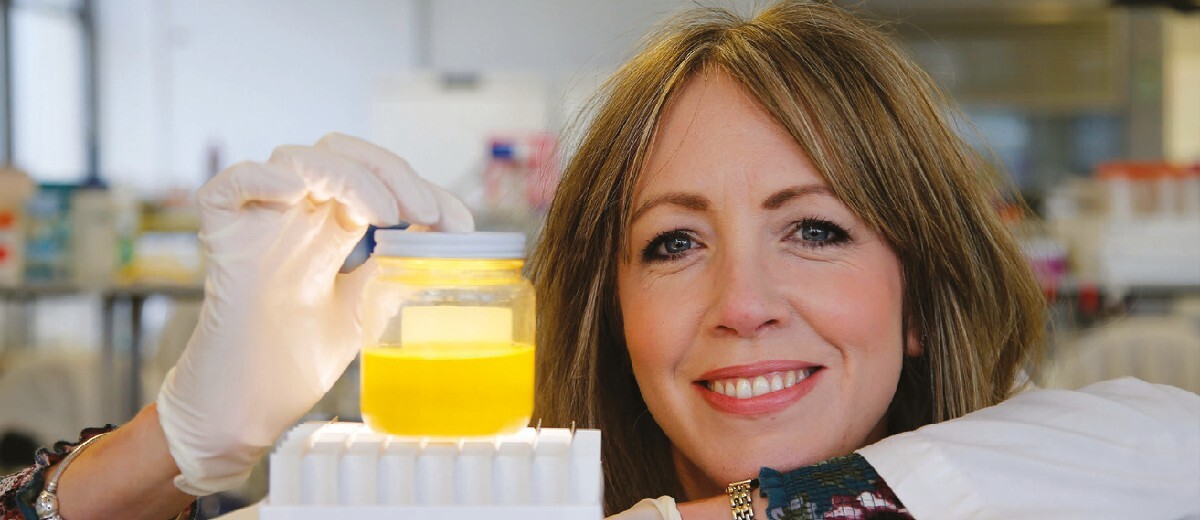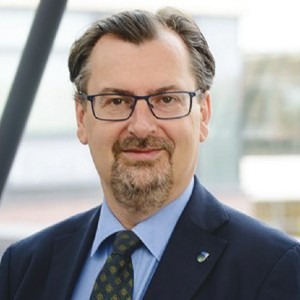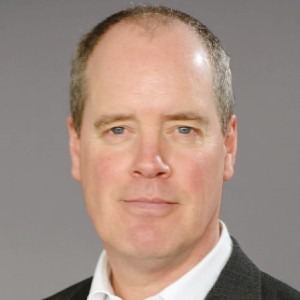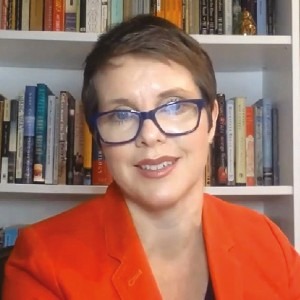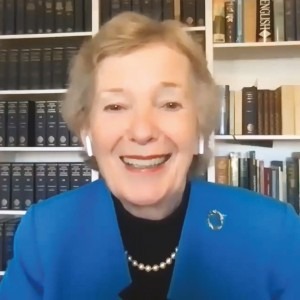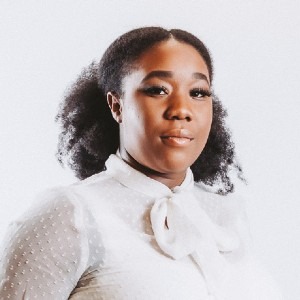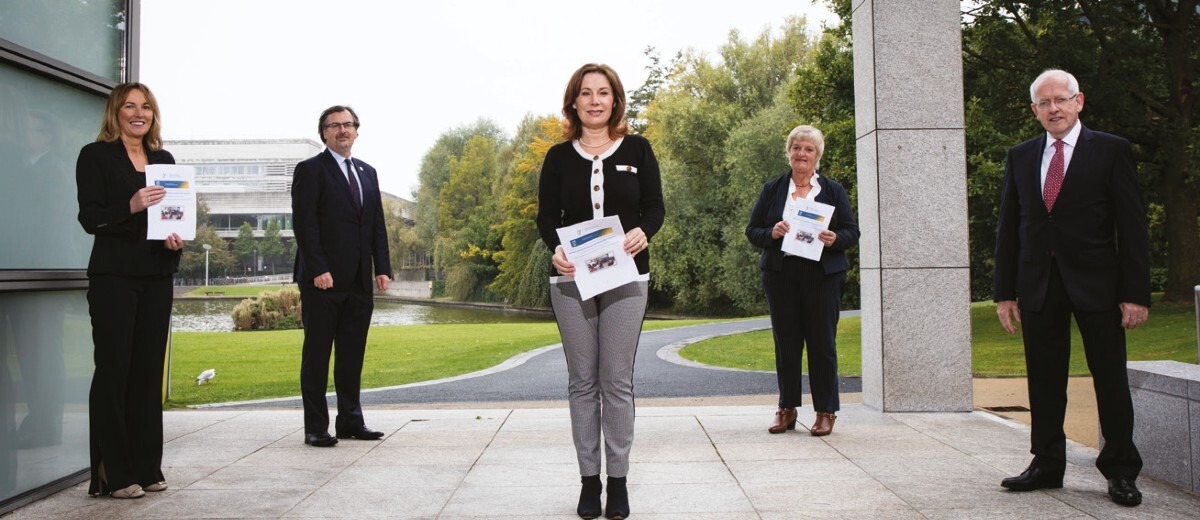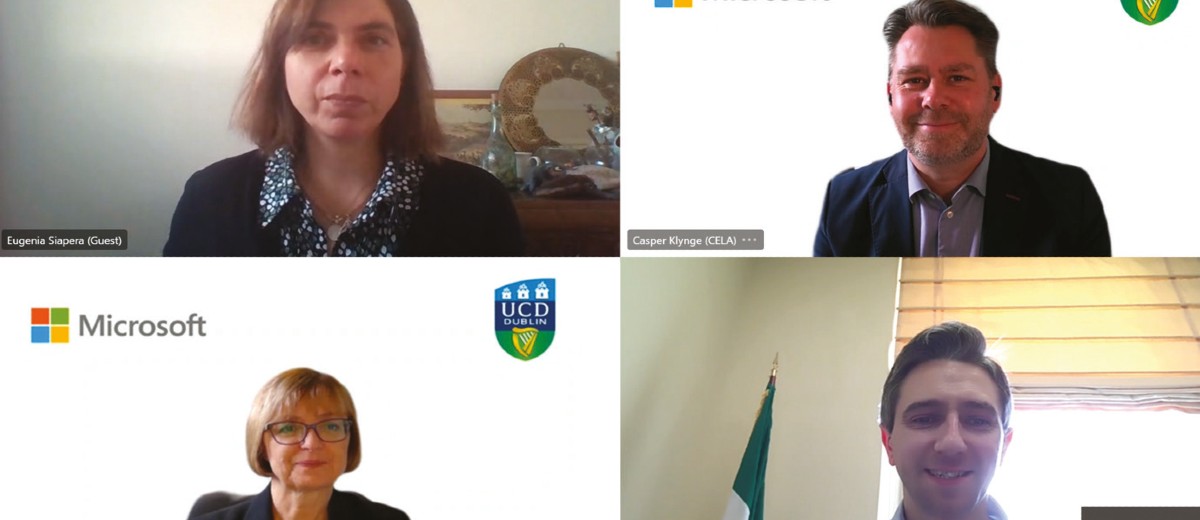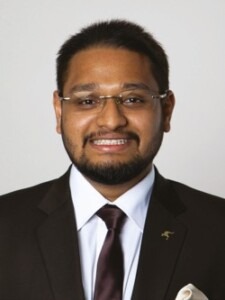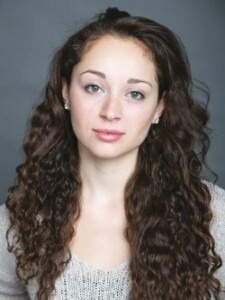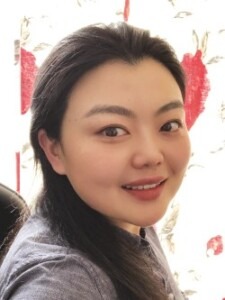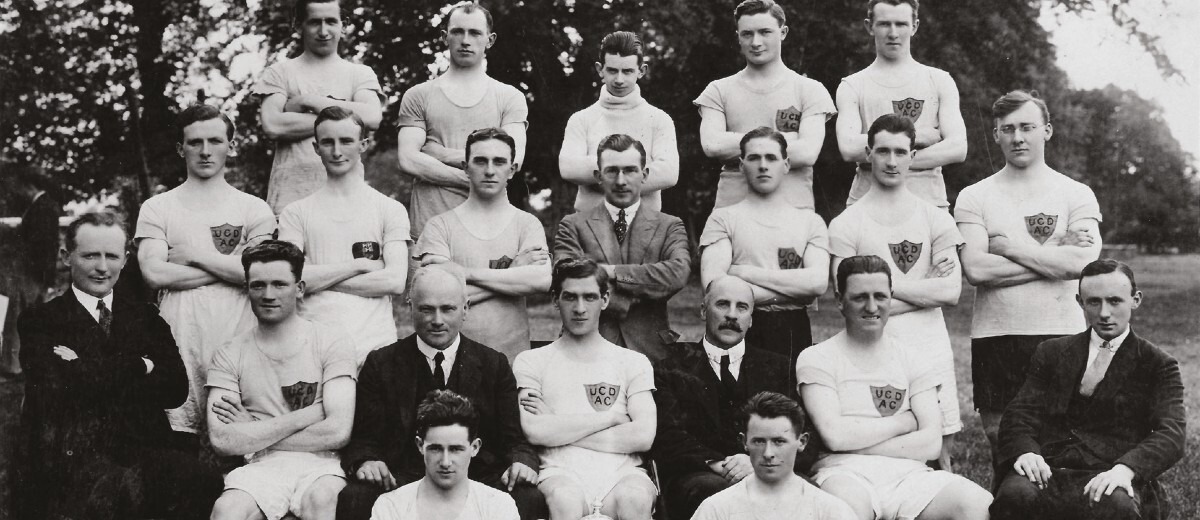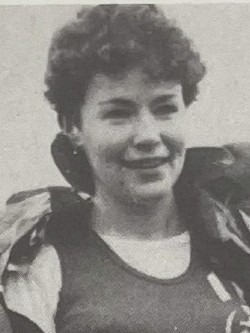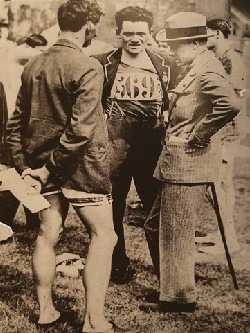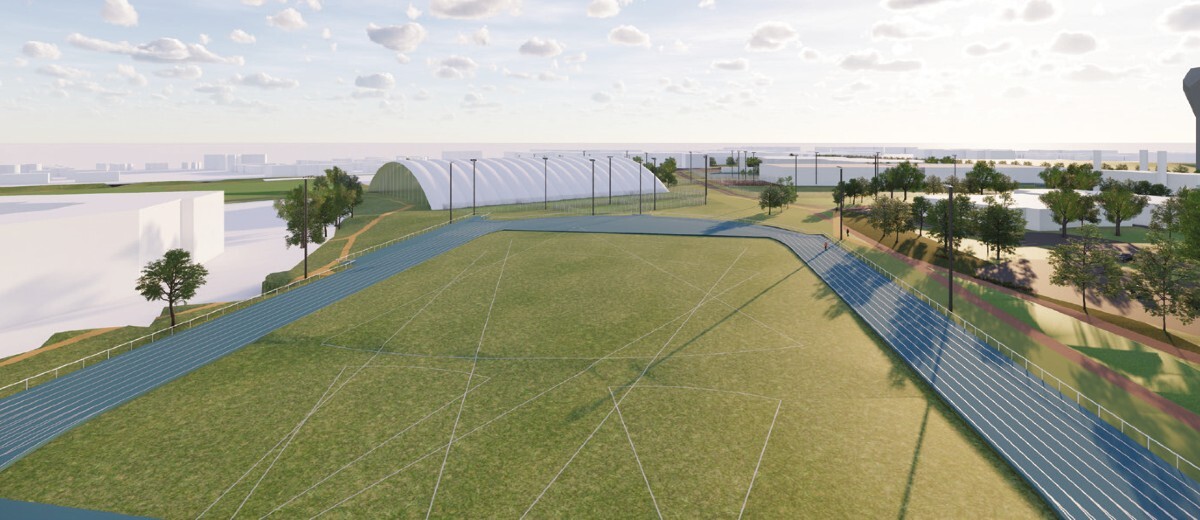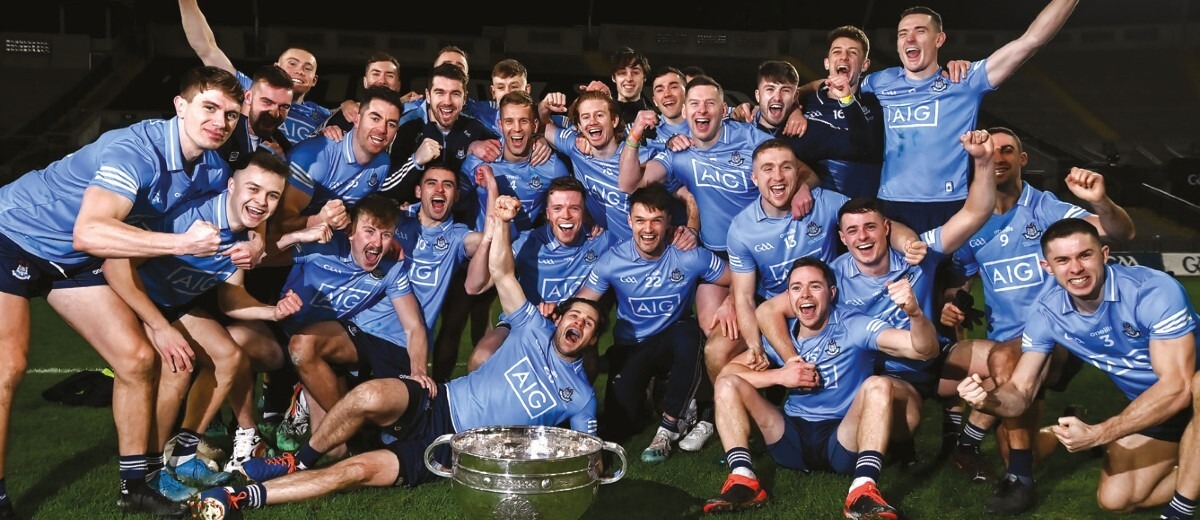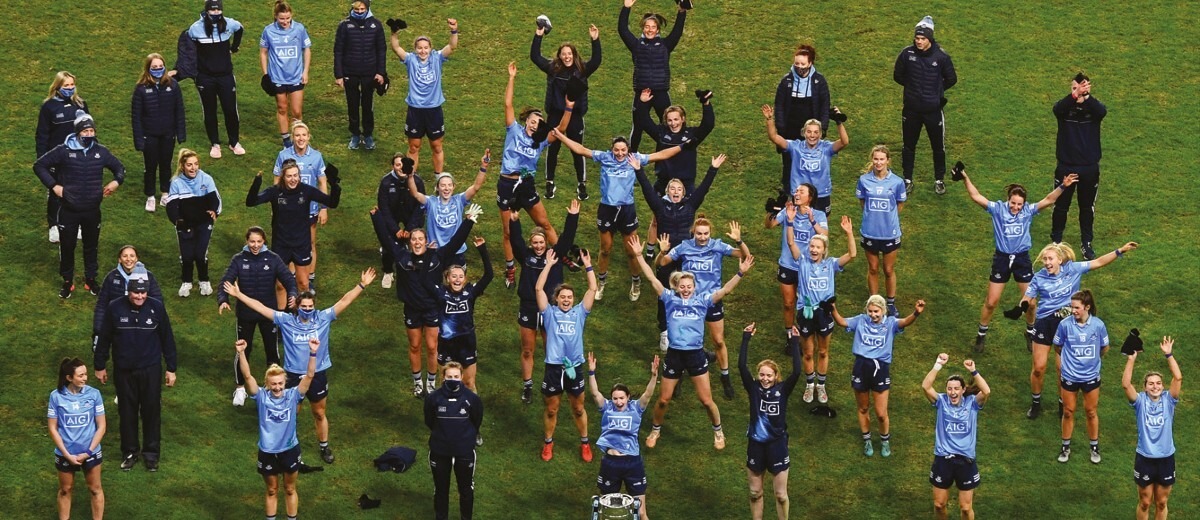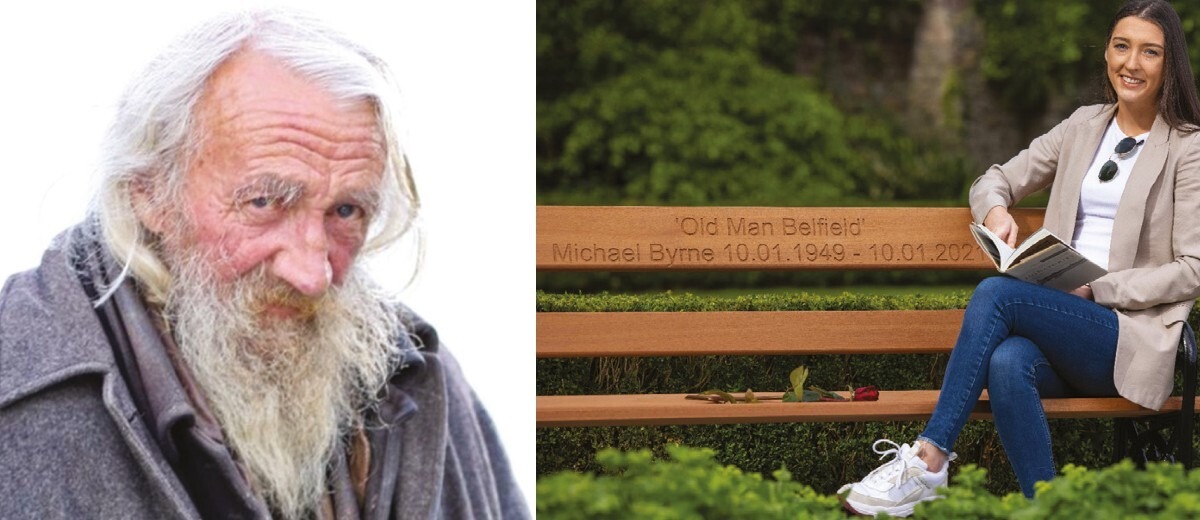GIFTED MEN AND WOMEN have studied at UCD throughout its history. Since Ireland signed the Accession Treaty in 1972, before officially joining the EEC (now EU) in 1973, UCD alumni have shaped Ireland’s place in the Union. Among them, many have served in the EU’s seven main decision-making institutions.
UCD alumni have played a role in the legislative function of the EU, carried out by the European Parliament, the Council of the European Union and the European Commission; UCD alumni were involved in the overall policy direction and priorities of the EU, which is decided by The European Council, and UCD law alumni have been influential members of the judicial wing of the EU, responsible for settling disputes and enforcing EU law at The Court of Justice of the European Union. UCD alumni also feature in the Court of Auditors and the European Central Bank, which manage the euro and implement EU monetary policy.
In 1972, UCD alumnus Minister for Foreign Affairs Dr Patrick Hillery (BSc 1944, MB BCh BAO 1947, DPH 1952, LLD 1962) signed the Treaty of Accession to the European Community at the Egremont Palace, Brussels. Dr Hillery had spearheaded the campaign since he was appointed in 1969, and led the negotiation team. Newly appointed Irish Ambassador to the European Community, Seán P. Kennan (BComm 1943) had advocated for Ireland’s entry as a means to preserve stability and peace in Europe. Following accession, Kennan became Ireland’s Permanent Representative and Dr Hillery was appointed Ireland’s first European Commissioner in Brussels.
Since accession, UCD has produced 11 ministers for Foreign Affairs and seven European Commissioners including the aforementioned Dr Hillery; Richard Burke (BA 1956, HDipEd 1967, MA 1960) for two stints; Michael O’Kennedy (BA 1956, MA 1957); David Byrne (BA 1970); Peter Sutherland (BCL 1967); Charlie McCreevy (BComm 1970) and Mairéad McGuinness (BAgrSc 1980).
Five UCD alumni have been appointed judges of the European Court of Justice: Cearbhall Ó Dálaigh (BA 1931); Aindrias Ó Cuiv (BA 1933, LLB 1936); Thomas F. O’Higgins (BA 1937); Aindrias Ó Cuiv, son of the aforementioned, (BCL 1971, DipEurL 1977) and Eugene Regan (BA 1974, MA 1975). Many Members of the European Parliament (MEPs) studied at UCD including Frances Fitzgerald (BSocSc 1971); Sean Kelly (BA 1974, HDipEd 1975); Barry Andrews (BA 1988, MA 1990); Ciarán Cuffe (BArch 1989, MRUP 1996) and Michael Wallace (BA 1978, HDipEd 1983).
Within the EU institutions, UCD alumni achieved many firsts – Catherine Day (BA 1974, MA 1975) was the first woman to hold the position of Secretary General of the European Commission. Having worked for 25 years for the Commission (including in the cabinets of Richard Burke, who himself had the unique distinction of being appointed twice to the EU Commission, first by a Fine Gael taoiseach, then by a Fianna Fáil taoiseach), and Dr Peter Sutherland (BCL 1967), as Secretary-General, Day served under Presidents José Manuel Barroso and Jean-Claude Juncker. In 2018, Eugene Regan (BA 1974, MA 1975) became the first Irish Judge of the European Court of Justice to be elected President of a Chamber.
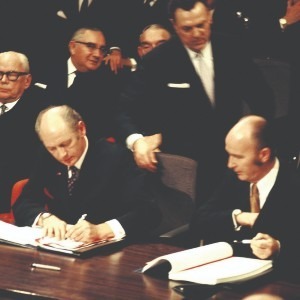
1972
The Signing Ceremony of the Treaty of Accession to the European Communities with UCD alumnus and Minister for Foreign Affairs Dr Patrick Hillery (BSc 1944, MB BCh BAO 1947, DPH 1952, LLD 1962), with Taoiseach Jack Lynch.
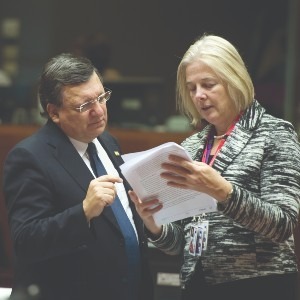
2014
UCD alumna and former EU Council Secretary Catherine Day (BA 1974, MA 1975) with former European Commission President José Manuel Barroso. Day was the first female Secretary General of the EU Commission.

2021
EU Financial Services Commissioner since 2020, Mairéad McGuinness (BAgrSc 1980) also previously served as First VicePresident of the European Parliament from 2017-2020.
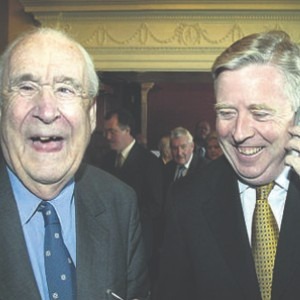
1987
Professor James Dooge (BE 1942, BSc 1942, ME 1952), leading academic and former Foreign Affairs Minister who played a key role in the development of the EU, with former European Parliament President Pat Cox.
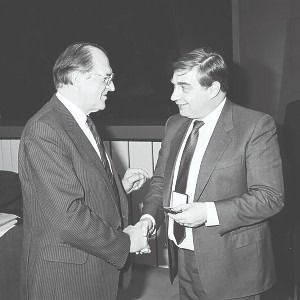
1988
Member of the Council of State (1981- 1984), EU commissioner in charge of competition policy (1985-1989), Dr Peter Sutherland (BCL 1967), was greatly admired at an international level and regarded the EU as a means of improving the lives of Irish people and Europeans generally. Right: EU Commissioner Dr Peter Sutherland is awarded the Robert Schuman Medal by European Parliament President Henry Plumb.
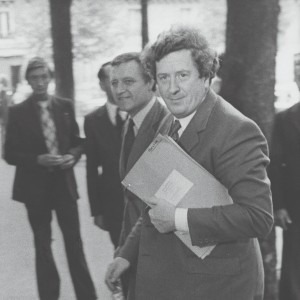
1974
A founding member of European Movement Ireland in 1954, Dr Garret FitzGerald (BA 1946, PhD 1968) took a leading role in the campaign for Irish membership of the EEC and paved Ireland’s way to full EU membership. As Minister for Foreign Affairs, his conduct of Ireland’s 1975 presidency of the European Council of Ministers was seen as highly successful. Left: Foreign Minister Dr FitzGerald in Paris for a meeting of the nine EU foreign ministers.
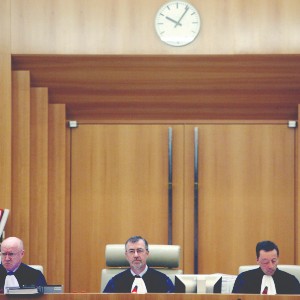
COURTING EUROPE
The Court of Justice of the EU (CJEU) comprises two courts, the European Court of Justice and the General Court. John D. Cooke (BCL 1965, LLB 1966) pictured right; second from left, a judge of the General Court, was the longest serving Irish member of the CJEU. Other UCD alumni who have served in the courts of the CJEU include Cearbhall Ó Dálaigh (BA 1931); Aindrias Ó Cuiv (BA 1933, LLB 1936); Thomas F. O’Higgins (BA 1937); Donal Barrington (BA 1949, LLB 1951, MA 1953); Aindrias Ó Cuiv, son of the aforementioned, (BCL 1971, DipEurL 1977); Eugene Regan (BA 1974, MA 1975); Kevin O’Higgins (BA 1967, DipEurL 1969) and Colm MacEochaidh (BCL 1984) who is currently in situ. UCD Professor Suzanne Kingston became a member of the General Court last year and remains affiliated with the UCD Sutherland School of Law.
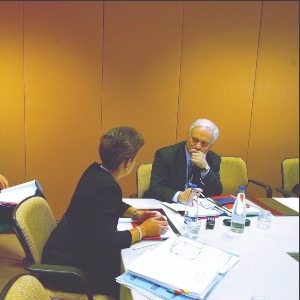
2003
As Taoiseach 1994-1997, John Bruton (BA 1968) presided over the successful Irish EU Presidency in 1996 and chaired the European Council meeting that year which finalised the Stability and Growth Pact underpinning Economic and Monetary Union and management of the Euro. He was appointed EU Ambassador to the United States in 2004, and served for five years. He was a member of the Praesidium of the Convention that drafted the proposed European Constitution, signed in Rome in 2004, the basis for the Lisbon Treaty now in force. He is a former VicePresident of the European People’s Party (EPP). Left: At a European Convention meeting in Brussels, John Bruton with Gisela Stuart, a British Labour MP who helped draw up the Lisbon Treaty. She later became co-director of the 2016 Vote Leave Campaign.

2003
David Byrne (BA Politics and Economics 1970) served as the first EU Commissioner for Health and Consumer Protection 1999-2004. A barrister by training, he became a Senior Counsel in 1985 and was appointed Attorney General in 1997. In 1998 he was one of the negotiators of the Good Friday Agreement
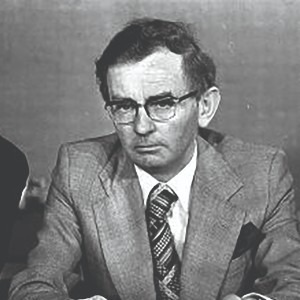
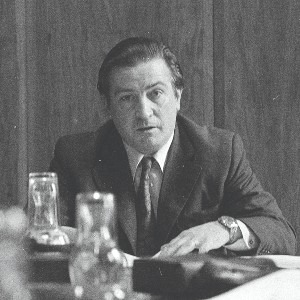
1973 – Richie Ryan & Justin Keating
Richie Ryan (BA 1949) and Justin Keating (MVB 1951) were two of the 10 Members of the European Parliament (MEPs) appointed to the first delegation as a result of the Irish accession to the European Economic Community on 1 January 1973. The first delegation, served only two months, from Jan-Feb 1973 until the general election took place.
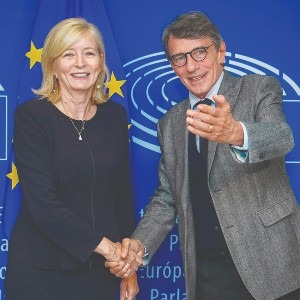
2013
Emily O’Reilly (BA 1979), pictured with EU Parliament President David Sassoli, was first elected as European Ombudsman in 2013 and re-elected in 2019.
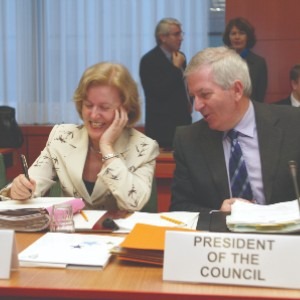
2004
Anne Anderson (BA 1972), former diplomat and ambassador to France, Monaco, the US and the UN, became Permanent Representative of Ireland to the EU 2001-2005. ABOVE: Anderson with Minister for Finance, Charlie McCreevy (BComm 1970), during Ireland’s Presidency of the Council of the EU in 2004.
UCD ALUMNI FOREIGN MINISTERS
UCD alumni have dominated Ireland’s foreign affairs portfolio during 50 years of EU membership.
1971-1973 Patrick Hillery (BSc 1944, MB BCh BAO 1947, DPH 1952, LLD 1962); 1973-1973 Brian Lenihan Snr (BA 1951); 1973-1977 Garret FitzGerald (BA 1946, PhD 1968); 1977-1979 Michael O’Kennedy BA 1956, MA 1957; 1979-1981 Brian Lenihan Snr for the second time; 1981-1981 John M. Kelly (BA 1952, MA 1953) as Acting Foreign Affairs minister; 1981-1982 James Dooge (BE 1942, BSc 1942, ME 1952); 1982-1982 Gerard Collins (BA 1964); 1987-1989 Brian Lenihan Snr for the third time; 1989-1992 Gerard Collins for the second time; 1992-1993 David Andrews (BCL 1960); 1997- 2000 David Andrews for the second time; 2000-2004 Brian Cowen (BCL 1980); 1997- 2000 Dermot Ahern (BCL 1975); 2011-2014 Brian Cowen for the second time; 2014-2017 Charles Flanagan (BA 1977).
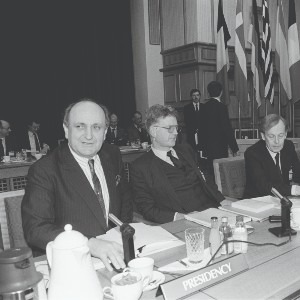
1990 – Gerard Collins
Gerard Collins (BA 1964), pictured at a meeting of EU Foreign Ministers at Dublin Castle, was twice appointed Minister for Foreign Affairs, and served as an MEP 1994-2004.

1974 – David Andrews
David Andrews (BCL 1960), at an informal meeting of Foreign Ministers, in conversation with his Italian counterpart, Lamberto Dini.
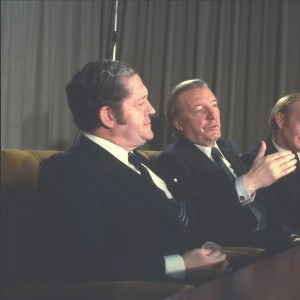
1980 – Brian Lenihan Snr
Brian Lenihan Snr (BA 1951) was MEP for the Oireachtas 1973-1977, and Minister for Foreign Affairs Jan-March 1973, 1979-1981, 1987-1989.
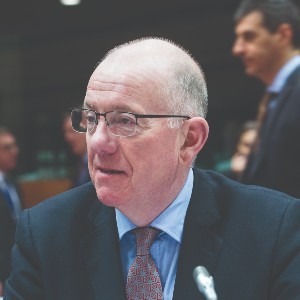
1974 – Charles Flanagan
Charles Flanagan (BA 1977) was Minister for Foreign Affairs and Trade 2014-2017.
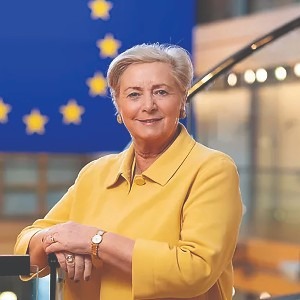
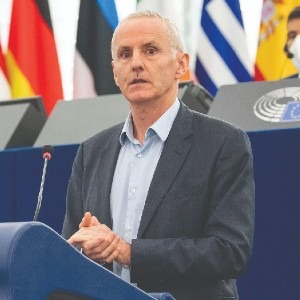
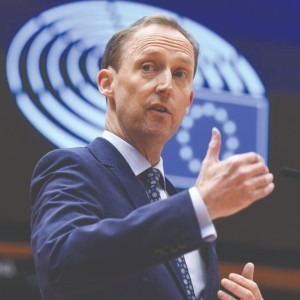
MEMBERS OF EUROPEAN PARLIAMENT
The European Parliament (EP) has 705 MEPs from across 27 EU Member States elected for five years. The Republic of Ireland has 13 MEPs, a number of whom are alumni of UCD including:
Frances Fitzgerald (BSocSc 1971), former Tánaiste and Fine Gael government minister, has been an MEP since 2019, and was elected Vice-President of the European People’s Party (EPP) delegation in 2021.
Ciarán Cuffe (BArch 1989, MRUP 1996), former Green Party minister of state, has been an MEP since 2019, and belongs to the Greens/EFA group.
Barry Andrews (BA 1988, MA 1990), former Fianna Fáil government minister, has been an MEP since 2019, and belongs to the Renew Group.
